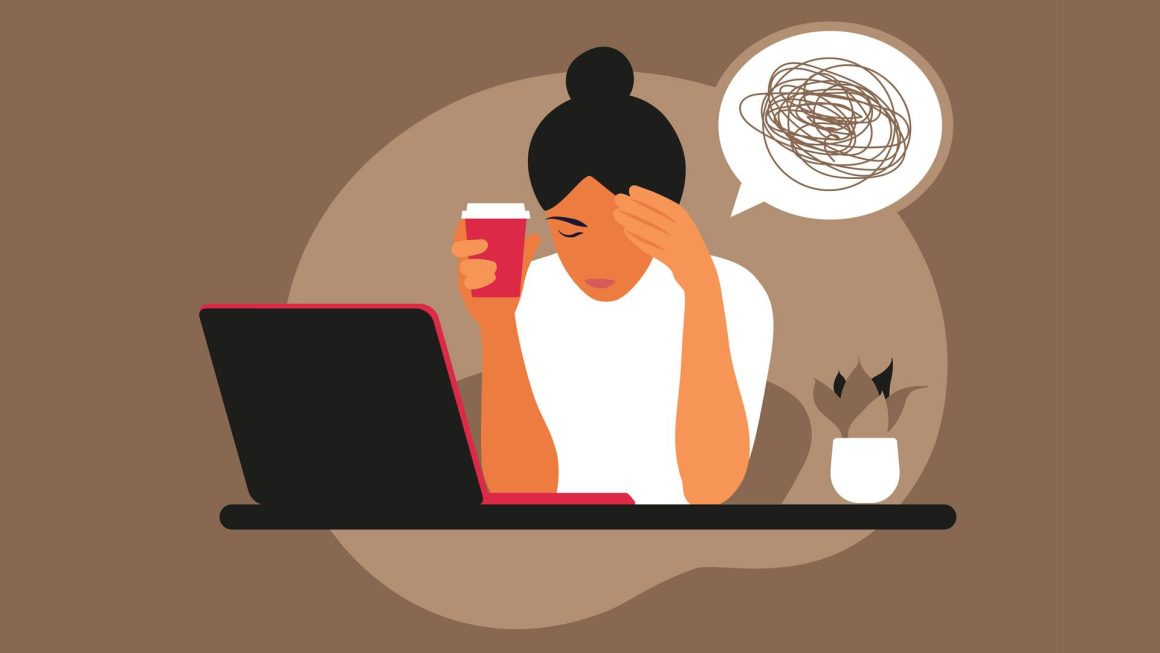Like other body parts, your brain changes as you get older. However, taking excellent care of it may help avoid or prevent illness and deterioration. Fortunately, Jake Schmutz NMD provides brain health treatments to help you avoid cognitive decline or treat neurodegenerative disorders.
In addition, they are everyday habits that can help lower cognitive decline and improve your brain health. Here are habits that can help improve your brain health;
1. Exercise regularly

Regular exercising is not only beneficial for keeping your body in shape but is also helpful for your brain health. According to studies, physically active adults are less likely to lose brain ability and have a reduced chance of getting Alzheimer’s.
These advantages are thought to be due to increased blood flow to the brain during exercise. Exercising also can counteract some of the expected declines in brain connections that occur as people age, thereby correcting some of the issues.
Aim for 30–60 minutes of activity several times each week. Walking, swimming, tennis, or other mildly aerobic exercises that raise your heart rate will suffice.
2. Consume meals that are good for your brain

Eating healthy foods that promote brain health is vital. Fortunately, they are the same meals that help you stay healthy. Plants, such as vegetables and fruits, legumes and beans, whole grains, and healthy fats, such as avocado, should form the basis of your meals.
Similarly, avoid meals heavy in saturated fat and protein, such as meat and sugar. These meals wreak havoc on your brain’s general health and function, hastening cognitive decline.
Your physician may suggest particular supplements depending on your health history and lifestyle variables to help you reach the greatest potential for brain health.
3. Make sure you get enough rest

Enough sleep is critical for your brain’s health. Sleep helps your brain eliminate aberrant proteins and consolidate memories, which improves your brain health and memory.
Ensure you get at least eight hours of uninterrupted sleep every night, rather than two- or three-hour chunks. Consistent sleep allows your brain to organize and preserve memories more efficiently.
Sleep apnea is bad for your brain’s health and might be the reason you can’t sleep for more than a few hours at a time. If you or a close relative believes you have sleep apnea, speak with your doctor.
4. Take care of your mental wellness

Mental health and stress management play an essential part in brain health. Untreated mental health conditions, such as anxiety or depression, as well as individuals who do not practice good stress management, are at an elevated risk of cognitive impairment.
5. Take care of your general health

Your body and brain are intertwined. If your general health is deteriorating, you will not be able to protect your brain’s health. Therefore, try to maintain your general health as much as possible.
If you are a smoker, try to stop or get assistance. In addition, Seek assistance treating and correcting any underlying diseases you may have, such as hypertension or high cholesterol.
Bottom line
As you age, adopting healthy habits to care for your brain health is vital. Contact Integrative Medica to book an appointment and learn more about taking care of your brain health.


